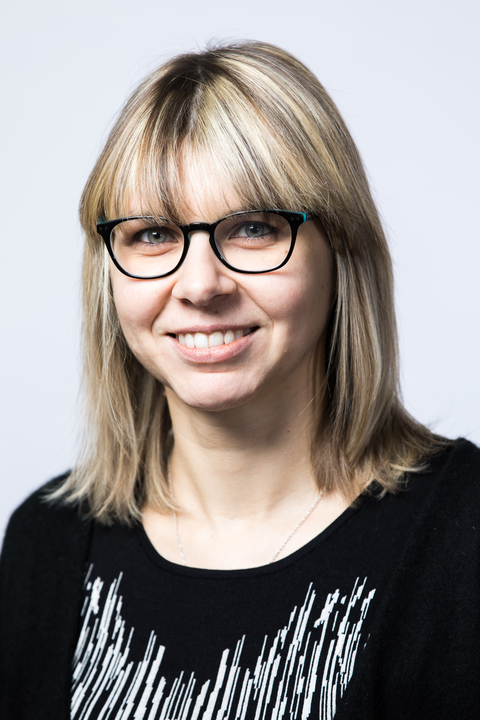
Chemical Engineering

- PhD in Chemical Engineering, University of Bologna, Italy, 2009
- Master degree in Chemical Engineering, University of Bologna, Italy, 2005
AMIChemE
Council member and treasurer of the European Membrane Society
- Membranes
- Carbon Capture
- Gas Separation
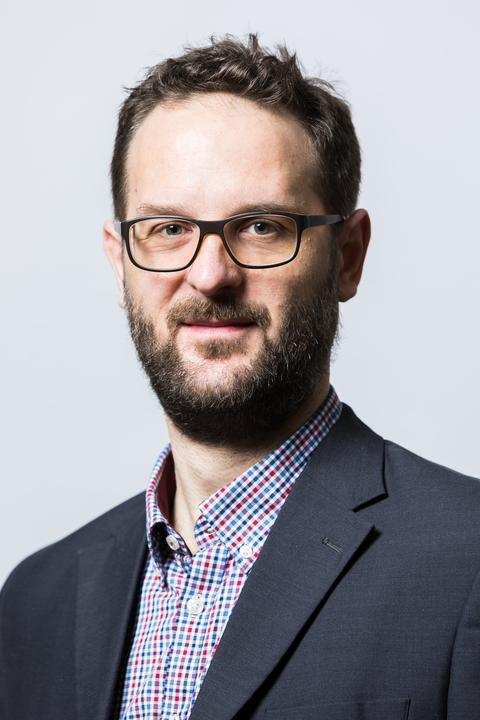
- Diplom Technomathematik, Universitaet Karlsruhe (TH), Germany
- Postgraduate Diploma in Science in Mathematics, University of Auckland, New Zealand
- PhD in Applied Mathematics, University of Southampton, UK
- Engineering Mathematics
- Numerical Methods for Chemical Engineers
- Process dynamics and control
Projects
- Low Carbon Heating Research Network
- Multisim
- FlexICCS
Office hour
- EM2A: Monday 12:30-13:30
- Numerical Methods for Chemical Engineers: Tuesday 11:00-12:00
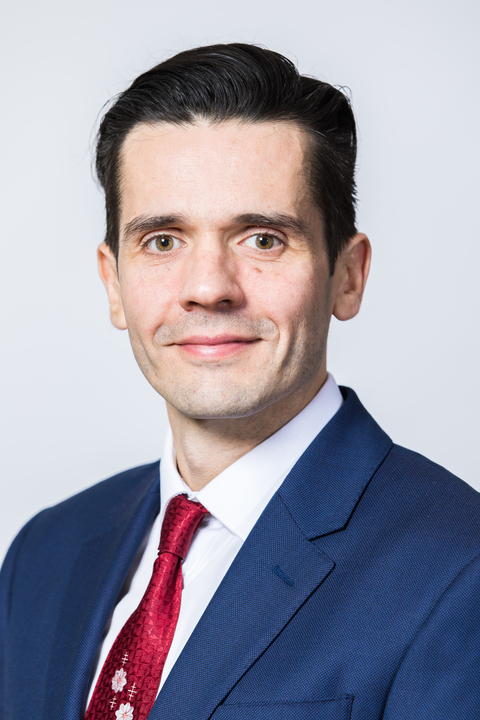
Francisco R. García-García is Senior Lecturer in Chemical Engineering and the Discipline Program Manager for Chemical Engineering at the School of Engineering, University of Edinburgh. He leads a research group working on chemical reaction engineering, which focuses on clean energy production and emission control. His research focuses on the synthesis, design, and development of multifunctional catalytic reactors, enabling the integration of multiple processes within a single system.
Francisco pioneered the use of micro-structured ceramic hollow fibres as a support for catalysts, solvents, and inorganic dense membranes. His expertise extends to the design of innovative materials for hydrogen production, emission control, and carbon capture, with an extensive publication record. His research have received support from both public and industry funding sources. Beyond his academic pursuits, Francisco actively engages in public outreach, event organization, and advocacy activities.
Holding the Teaching Training Course completion, ANECA accreditation for public and private university lecturing, and being a Fellow of the Higher Education Academy, he is qualified to teach at both undergraduate and graduate levels in any UK university. With a background in Chemistry and extensive experience in Chemical Engineering, Francisco plays a pivotal role in contributing to BEng, MEng, and MSc programs at the School of Engineering, University of Edinburgh. In recognition of his dedication, he was a runner-up for the 2021 Edinburgh University Student Association Teacher of the Year Award, with finalists chosen by a panel entirely composed of students.
- Doctor Honoris Causa. Department of Chemical Engineering, at the Royal and Pontifical Higher University of San Francisco Xavier of Chuquisaca, Sucre, Bolivia. Awarded for outstanding contribution to the field of Chemical Reaction Engineering (2024).
- PhD in Chemical Engineering. Department of Inorganic and Applied Chemistry at Institute of Catalysis and Petrochemical, CSIC, Madrid, Spain. (Summa Cum Laude / Mention of European PhD award / Extraordinary PhD Prize) (2004–2008).
- MPhil in Chemical Engineering. Department of Inorganic and Applied Chemistry at Institute of Catalysis and Petrochemical, CSIC, Madrid, Spain. (First class) (2004–2008).
- Teacher Training Course. Complutense University of Madrid, Spain. (First class) (2003–2004).
- MSc in Chemistry. Autónoma University of Madrid, Spain. (First class) (1997–2002).
- Gas Phase Heterogeneous Catalysis
- New Material Development
- Membrane Technology / Chemical Looping
- Hollow Fibre-based Reactors Design
- Multifunctional Catalytic Reactors Design
- Member of the Society of Spanish Researchers in the United Kingdom
- Member of the Spanish Society of Catalysis

After beginning my career in industry as a Building Service Engineer, I went back into education to complete a BSc in Physics at Northumbria University. During this time I completed a project with the Smart Materials and Surfaces Laboratory in liquid-liquid capillary imbibition. This inspired to continue research in the field and went on to gain a PhD titled “Pinning-Free Evaporation of Sessile Droplets from Slippery Surfaces”. During my PhD my research was focused on manipulation of droplets using slippery surfaces and electric fields to modify evaporation behaviour. I am currently a Post-Doctoral Research Associate within the WISE laboratory in the Institute of Multiscale Thermofluids at the University of Edinburgh on an EPSRC funded project looking into the strain-dependant manipulation of sessile droplets on new metamaterials.
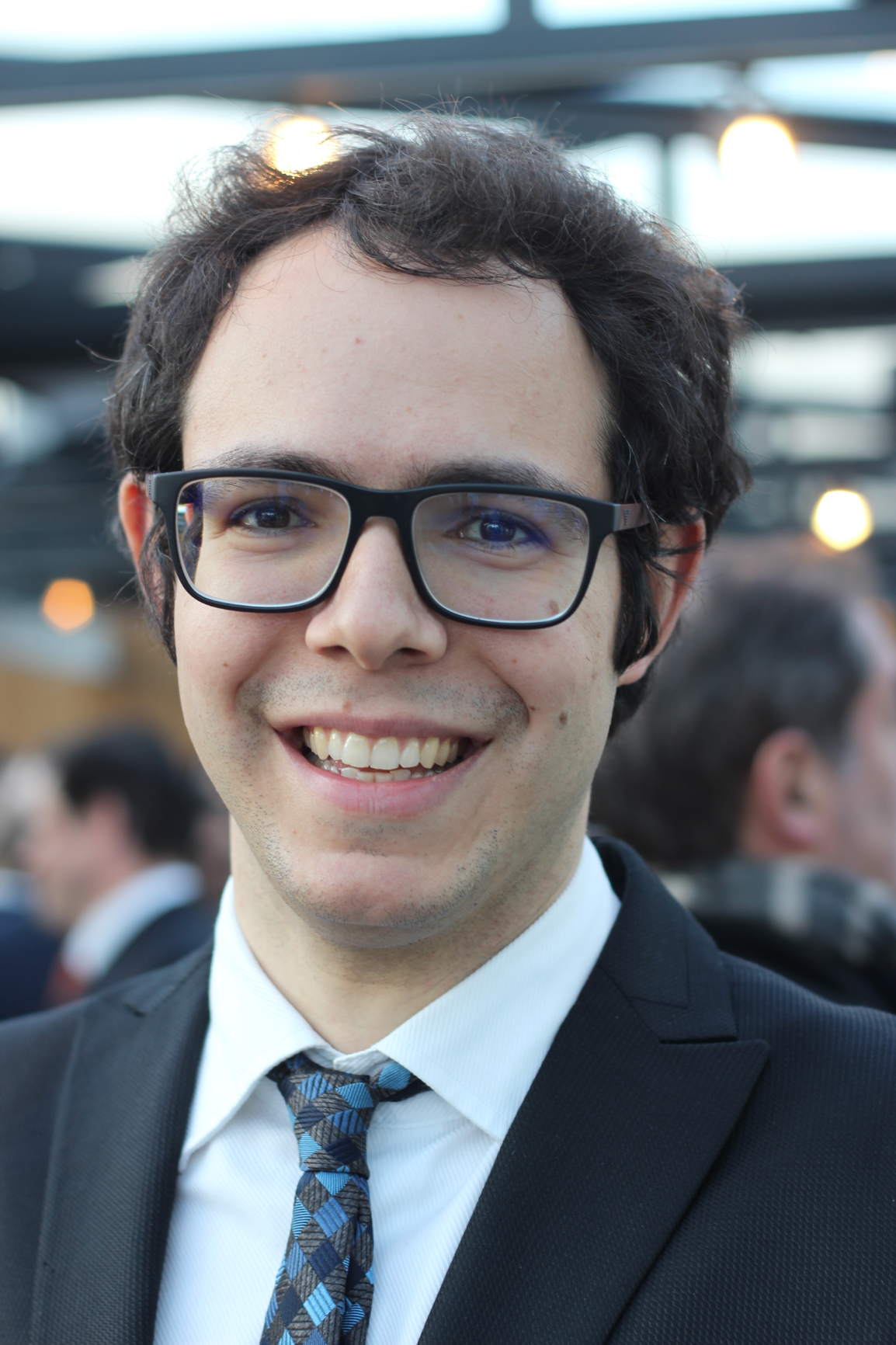
- PhD in Chemical Engineering, University of Edinburgh, United Kingdom, 2015
- Master's Degree in Chemical Engineering, University of Rome "La Sapienza", Italy, 2011
- Bachelor's Degree in Chemical Engineering, University of L'Aquila, Italy, 2009
- Senior Consultant Engineer, Process Systems Enterprise, London, 2015-2019
- Chartered Chemical Engineer (Engineering Council)
- Member of the Institution of Chemical Engineers (IChemE)
- Member of the Scottish Carbon Capture and Storage centre (SCCS)
- Member of the Association of Italian Scientists in UK (AISUK)
- Chemical Engineering Design: Synthesis and Economics 4 CHEE10005 - Course Organiser
- Chemical Engineering Design 3 CHEE10009 - UniSim Process Design
- Chemical Engineering Study Project 4 CHEE10009 - Supervisor
- Chemical Engineering Research Project 5 CHEE11017 - Supervisor
- Chemical Engineering Industrial Project 5 CHEE11014 - Supervisor
- Design and modelling of PSA/TSA/CSA processes for hydrogen purification, air separation, carbon capture, biogas upgrade, olefins/paraffins separation and NGL recovery
- Simulation, validation and optimisation of ethylene plants
- Low temperature assessment and flare capacity studies in the Oil & Gas industry
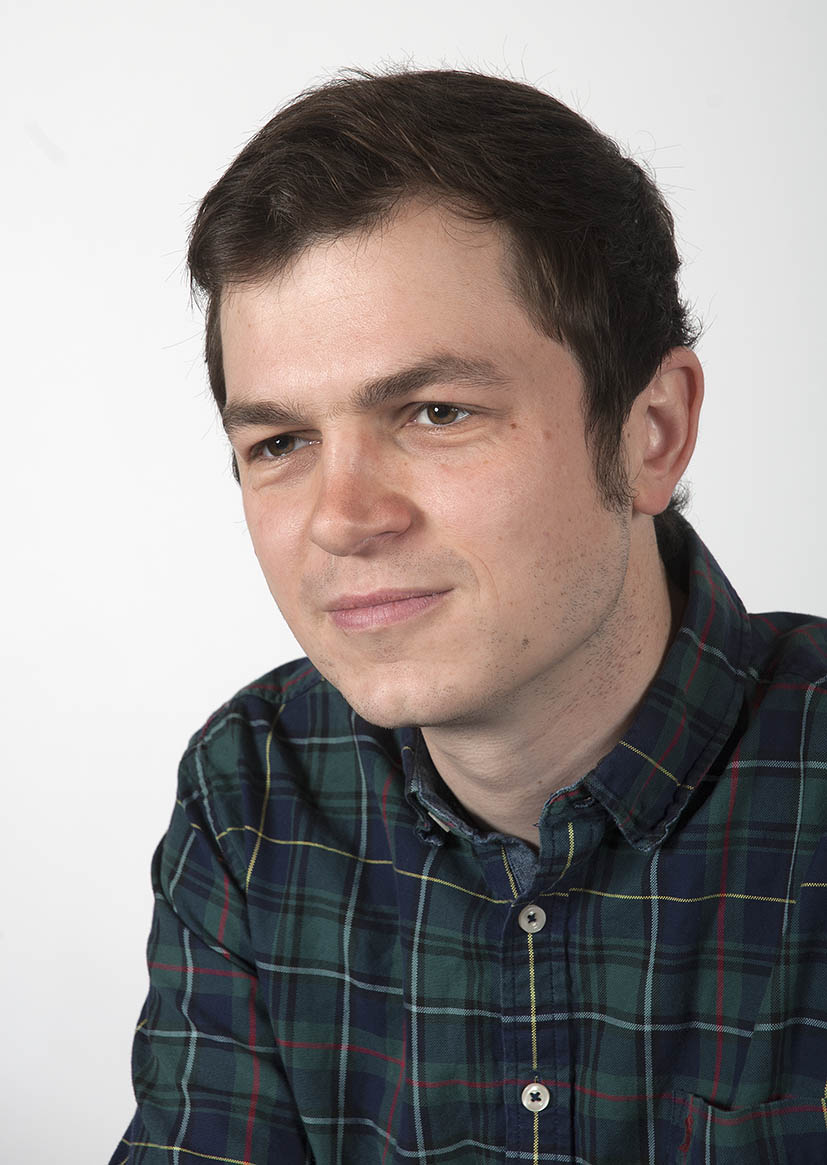
I am a Reader in Chemical Engineering, investigating various aspects of soft matter including suspension rheology and granular materials. I am available for industrial consulting projects in any area related to suspension rheology (see my publication list here) and I am also recruiting PhD students.
- 2023-present: Reader in Chemical Engineering
- 2019-2025: Royal Academy of Engineering Research Fellow, University of Edinburgh
- 2016-2019: Maudslay-Butler Research Fellow - Pembroke College, University of Cambridge
- 2012-2016: PhD Engineering - University of Edinburgh
- 2007-2011: BA, MEng Chemical Engineering - Clare College, University of Cambridge
- Fellow of the Higher Education Academy
- Associate Member of IChemE
- Associate Member of the Royal Society of Chemistry
- Associate Member of EPSRC Peer Review College
- Member of the Americal Physical Society
- Member of UKRI Early Career Forum (2021-2022)
- Member of RSC Formulation Science and Technology Committee
- Member of EPSRC Early Career Forum in Engineering (2018-2021)
Rheology, soft matter, granular matter, particle-based simulation
I am available for consulting projects in the fields of suspension rheology (colloids, granular suspensions) and gelation. I have experience of modelling fundamental flows that elucidate the relationships between formulation (particle shape, size, surface details) and processing and also in modelling processes such as wet milling and extrusion.
I am currently recruiting PhD students and may have funding available.
Please get in touch by email for further information.
I lead the Emerging Sustainable Technologies Laboratory at The University of Edinburgh. The ESTech Lab forges the future generation of sustainable energy and separation technologies.
The ESTech Lab invented unanticipated solutions for negative emission separation technologies (low grade heat-powered CO2 capture&concentration from the air and hydrothermal carbonisation) along with other emerging heat-powered devices for water and cooling in data centres.
The ESTech Lab methods span from Thermodynamics to prototyping and testing, where Thermodynamics is used as an ignition to the design.
In its inventions, the Lab often exploits nanoporous solids or ionic nano-interfaces because they make possible a number of processes otherwise nonviable, often unlocking unimaginable opportunities for sustainable living.
- Post-graduate certificate for Academic Practice (PgCAP). The University of Edinburgh, Moray House School of Education and Sport, Edinburgh (UK). Master-level programme to support academic staff to effectively engage with their teaching responsibilities, enabling my current Fellowship of the Higher Education Academy. 8/12/2020
- PhD in Energy, Università Politecnica delle Marche, Ancona (Italy), 2009
- MSc in Mechanical Engineering, Università Politecnica delle Marche, Ancona (Italy), 2004
- 01/03/2023-2025 Royal Academy of Engineering Industrial Fellow in Energy Efficient Data Centres.
- Member of Scottish Carbon Capture and Storage Research Centre and UK Carbon Capture Research Centre
- Fellow of the Higher Education Academy. The Higher Education Academy (https://www.advance-he.ac.uk/) is the UK leading institution for accreditation of teaching in higher education
Member of the Senatus Academicus (Senate) of The University of Edinburgh
Editorial board member of:
- Carbon Neutrality (Springer Nature) since 2021. The journal is an initiative of the China-UK Low Carbon College at Shanghai Jiao Tong University.
- Energy & Environment (SAGE) since 2018.
The Innovation Energy (Innovation Press) since 2025.
Guest-Editor of Special Issues:
- 2023/24 of Carbon Neutrality (Springer Nature) jointly with Dr. Shuanshi Fan, Dr Jia Li, Dr. Zhenyuan Yin, Dr. Tao Ren, Dr. Lei Hou on Decarbonization and CCUS
2020/21 of Energy (Elsevier) jointly with Prof. Ruzhu Wang (Deputy Editor-in-Chief of Energy) of the Special Issue on Solutions for Ultra-Low Temperature Heat Recovery and Utilization
Associate Editor of:
Frontiers in Thermal Engineering - Advancements in Cooling and Heating (Frontiers) since 2021
- Chair of the 10th Heat Powered Cycle Conference in 2023 (148 delegates from 20 countries)
- Member of the International Scientific Board of Heat Powered Cycle Conference series since 2017
- Member of the organizing committee of:
- Thermodynamics 2017
- The 33rd European Symposium of Applied Thermodynamics (ESAT) 2024
- Member of the International Scientific Board of International Symposium on Innovative Materials for Processes in Energy Systems (IMPRES) in 2016
- Chemical Engineering Thermodynamics 2 CHEE08019 (current)
- Engineering Thermodynamics 2 SCEE08006 (past)
- Chemical Engineering 1 Laboratory CHEE08001 (past)
- Engineering Mathematics 2 SCEE08010 (past)
- Chemical Engineering Design: Synthesis and Economics 4 CHEE10005 (past)
- Chemical Engineering Design 4 CHEE10010 (past)
- Chemical Engineering Study Project 4 CHEE10009 (current)
- Chemical Engineering Design Project 4 CHEE10002 (current)
- Chemical Engineering Research Project 5 CHEE11017 (current)
- Chemical Engineering Industrial Project 5 CHEE11014 (current)
- Ultralow grade heat
- Heat-powered adsorption water purification technologies
- Heat-powered adsorption cooling
- Data Centre Cooling
- Cooling/Water nexus in Data Centres
- Heat-powered adsorption direct air capture
Low grade heat, thermal energy storage, adsorption heating and cooling, adsorption desalination, solar thermal energy, temperature swing adsorption, heat transformers, thermodynamics, heat transfer, ionic liquids, ionogels.
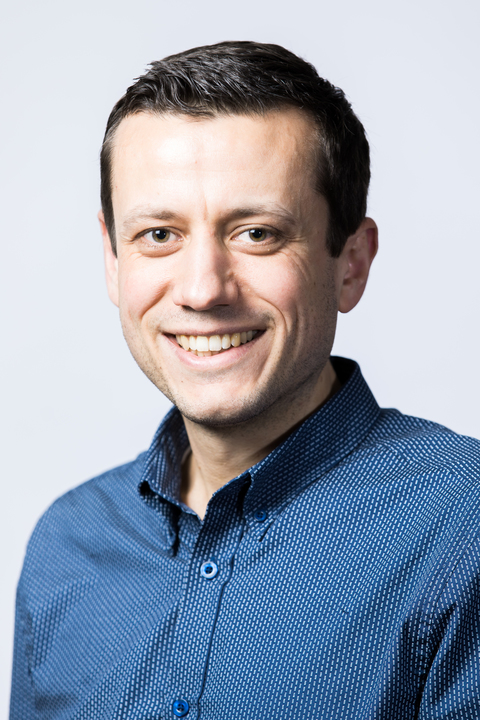
I am Professor of Fluid and Suspension Dynamics. My research focuses on the modelling and simulation of complex fluids on microfluidic scales, for example suspensions of deformable particles or red blood cells. I am teaching Chemical Engineering in the second year. I am the Co-Chair of the University's Research Cultures Forum.
- PhD in Physics, Bochum University, Germany, 2011
- Diploma in Physics, Heidelberg University, Germany, 2007
- Institute of Physics
- Institute of Physics and Engineering in Medicine
- German Physical Society
- Modelling and simulation of complex fluids
- Microfluidics, suspensions and emulsions
- Blood flow in complex geometries and blood cell separation
- Inertial microfluidics
- Lattice-Boltzmann method
- Immersed-boundary method
